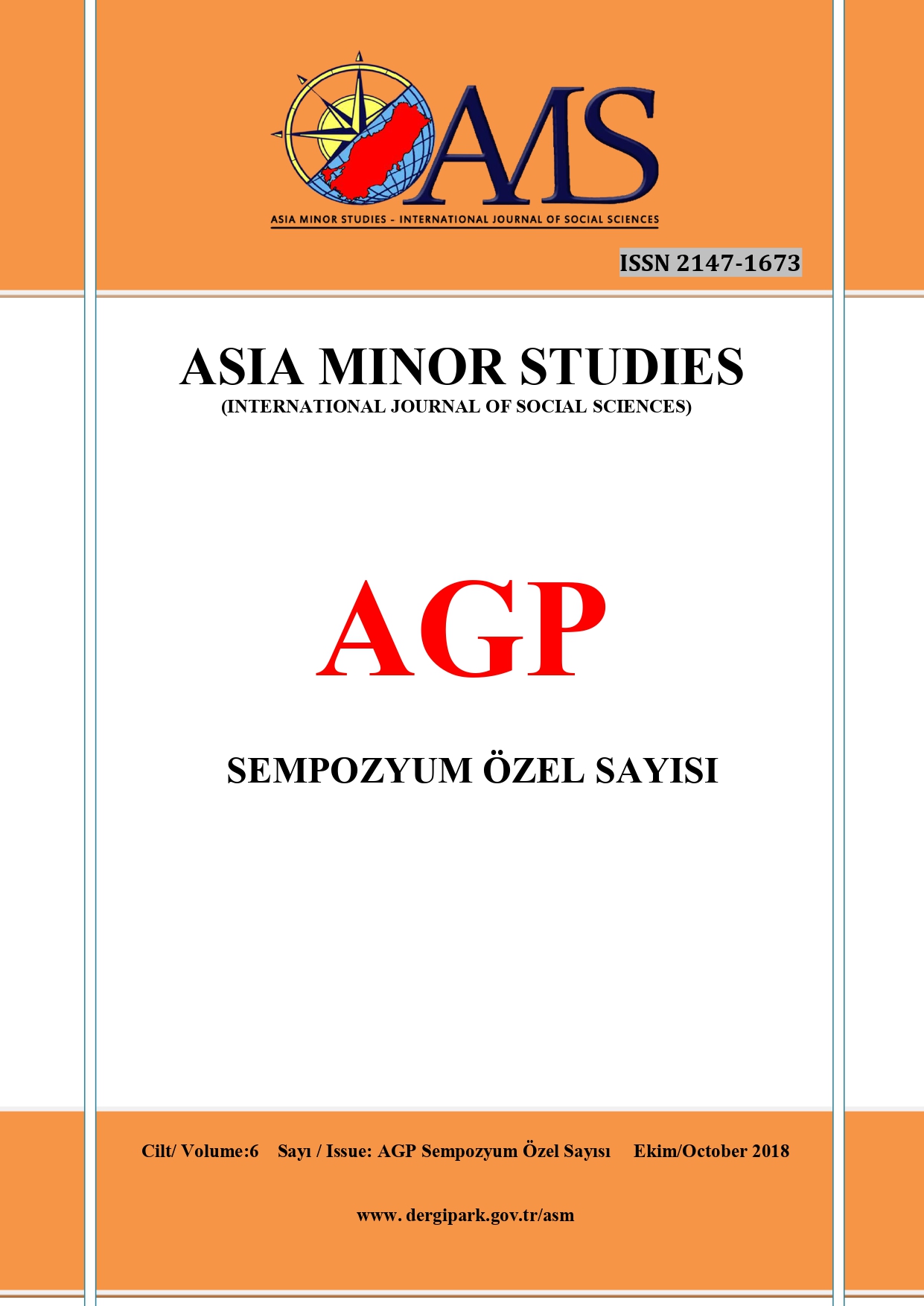İLKÖĞRETİMİN İKİNCİ KADEME ÖĞRENCİLERİNİN ANA-BABADAN ALGILADIĞI PSİKOLOJİK KONTROLÜN KENDİNİ BELİRLEME DÜZEYİ VE SOSYAL GİRİŞKENLİKLE İLİŞKİSİ
THE RELATIONSHIP BETWEEN PSYCHOLOGICAL CONTROL, SELF DETERMINATION AND ASSERTIVENESS TYPE
Author(s): Yeliz Kındap Tepe, Betül Deliser, Gülnur Kuzan, Rabia İslamoğluSubject(s): Education, Psychology
Published by: Kilis 7 Aralık Üniversity
Keywords: Psychological Control; Self-Determination; Types of Assertiveness;
Summary/Abstract: Self-determination is defined as an individual’s ability to start, sustain and end one’s actions, and regulate one’s behaviors by one’s own ill. The positive effect of self-determination on adolescent development has been frequently investigated in recent years. Nevertheless, no study that investigates the relationship between the psychological control perceived from parents and the level of self-determination and the assertiveness of adolescents in different areas has been encountered. Therefore, the relationship between the psychological control perceived by students from their parents, and self-determination and participation in interpersonal relations, participation in relations with adults and the participation in the social group with assertiveness types will be investigated in the study. The research sample consists of 263 individuals in total, 126 (47.9%) of whom are female and 137 (52.1%) are male, studying at the second grade of a primary school in Sivas province. The average age of the participants is 11.29 years (SD = 10.81, range = 9-13). The Psychological Control Scale, Self-Determination Scale, and Social Assertiveness of the Adolescent Scale were used as data collection tools. As a result of the hierarchical regression analysis conducted, it was found out that the educational level of the mother and the self-determination level of the adolescent positively predict the participation of the adolescent in interpersonal relations and social group, and the psychological control (disrespect) of parents and the age of the adolescent negatively predict it, while the age of the adolescent negatively predicts the participation in communication with adults, and the educational level of the mother positively predicts it. In conclusion, it was observed that the psychological control perceived by adolescents from their parents harms the assertiveness of adolescents in different areas, the assertiveness of adolescents with the high level of self-determination increases in different areas, and the educational level of the mother is an element that increases the assertiveness of adolescents, and the age of the adolescent is an important determinant in adolescent assertiveness.
Journal: Asia Minor Studies
- Issue Year: 2018
- Issue No: SPECIAL
- Page Range: 294-312
- Page Count: 19
- Language: Turkish

